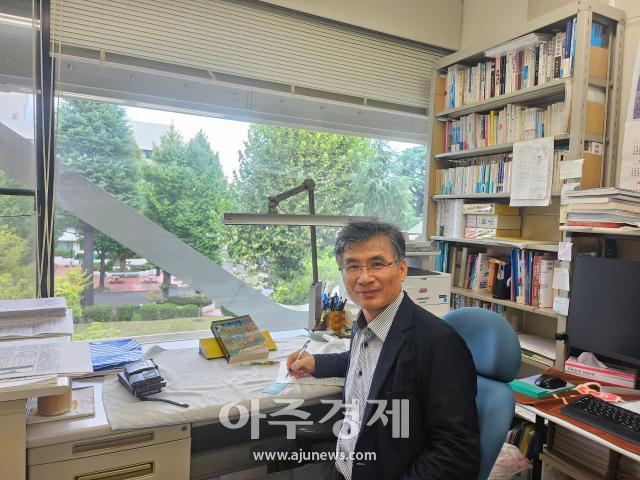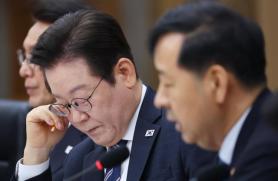
SEOUL, September 29 (AJP) - "Japan is a 'nation of accumulation,' known for its craftsmanship built over time. In contrast, South Korea is a 'nation of flow,' quickly adapting and integrating changes. By combining these strengths, South Korea and Japan can create a new balance against the U.S. and China," said Professor Guk Joong-ho of Yokohama City University.
In an interview with Aju Business Daily earlier this month, Guk highlighted the need for South Korea and Japan to strengthen cooperation amid the intensifying U.S.-China rivalry, as the WTO's free trade system is no longer effective. He emphasized the importance of securing leadership in future industries such as artificial intelligence (AI), semiconductors, and energy through bilateral collaboration.
Guk, who holds a Ph.D. in economics from Hitotsubashi University, has been teaching at Yokohama City University since 1999 and is a visiting professor at Keio University. He has over 30 years of experience studying South Korea-Japan relations.
He suggested that South Korean exporters could fill gaps in Japanese industries, such as traditional liquor, where Japan excels in quality but lacks marketing and digital skills. By leveraging South Korea's digital expertise, both countries could benefit.
Looking ahead to the years following U.S. President Donald Trump's presidency, which ends in 2029, Guk advised South Korea to prepare for a multipolar world by engaging with international groups such as the Comprehensive and Progressive Agreement for Trans-Pacific Partnership (CPTPP), the Shanghai Cooperation Organisation (SCO), BRICS, and the Global South.
He also stressed the importance of fostering talent exchange to strengthen advanced industries. "In Japan, there is a culture in which talented individuals who studied at universities do not hesitate to return to their hometowns after graduation to contribute to local communities," he said, proposing the establishment of a talent exchange program that "matches individuals interested in the culture and economy of both countries and provides adaptation training, which could be an effective approach."
Guk added generational differences in perceptions of South Korea, with younger Japanese showing more favorable attitudes toward Korean culture. But he warned of the growing influence of right-wing politics in Japan, which could impact bilateral relations. Guk concluded that patience and understanding of Japan's cautious approach are crucial for successful cooperation.
* This article, published by Aju Business Daily, was translated by AI and edited by AJP.
Copyright ⓒ Aju Press All rights reserved.

